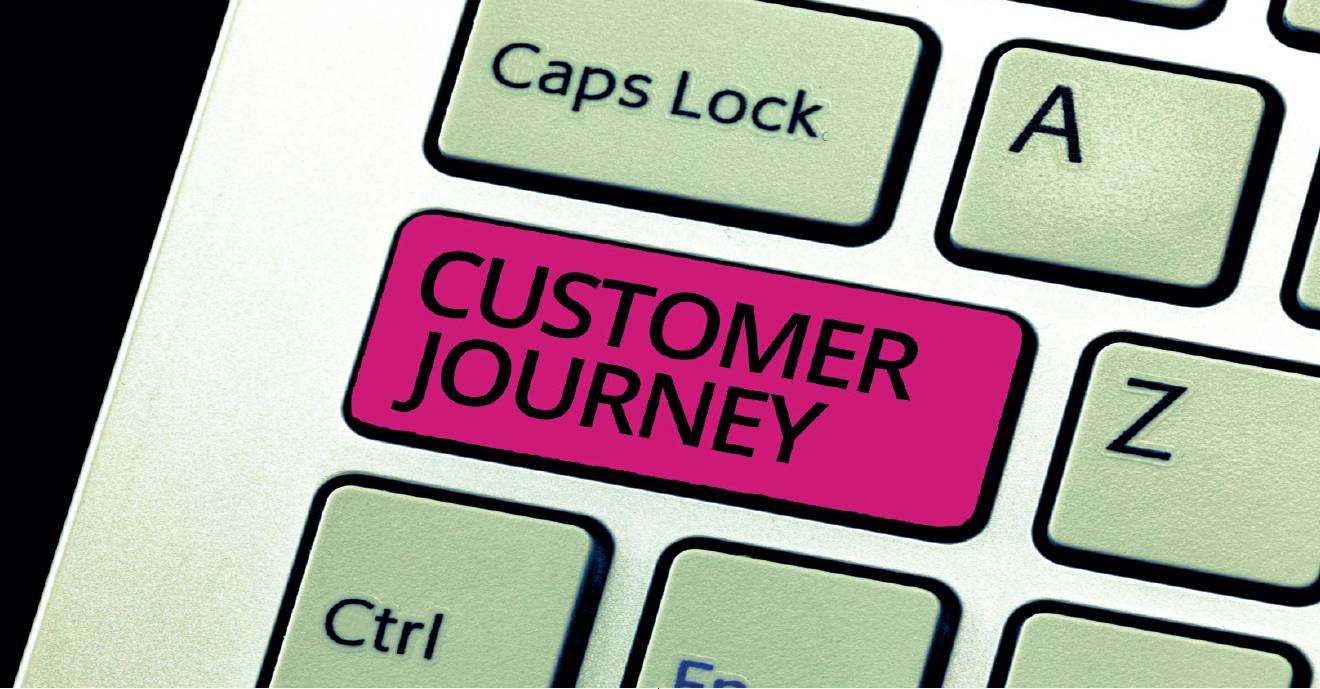The Legal Ombudsman
Reflections on the future as chief Legal Ombudsman and CEO
Rebecca Marsh joined the Legal Ombudsman in February 2018, with the role incorporating the Chief Executive Officer (CEO) functions on 1 April 2019.¹
 About the author:
Rebecca Marsh is chief
Legal Ombudsman and the
organisation’s chief executive.
About the author:
Rebecca Marsh is chief
Legal Ombudsman and the
organisation’s chief executive.
People often ask me what it is like to undertake the combined roles of Chief Ombudsman (CO) and CEO, and what my plans are for the coming year.
My frequent response is that my new role provides me with an opportunity to lead the organisation and provide a vital service to the diverse communities we serve. Combining the CO and CEO roles also fulfils the recommendations of a 2017 tailored review conducted by the Ministry of Justice.²
What comes next
Reflecting on what comes next, my priorities are to ensure that the Legal Ombudsman delivers on two key areas. We want to provide the best customer journey we possibly can to those who come to us (both consumers and service providers) and we want to continue to feed learning back into the sector.
Online Customer Assessment Tool
Over the last year, we have delivered a significant amount of change as we work towards these priorities. We launched, our online ‘Customer Assessment Tool’ - CAT - at the end of 2018, which allows people to see if their complaints are within our jurisdiction within minutes of completing the form. CAT enables us to signpost our customers to other services if we are not able to assist, and saves consumers time and ensures cases are ready for investigators to progress.

Vulnerable Customer Champions
We have trained Vulnerable Customer (VC) Champions in our General Enquiries Team. Our VC Champions assist customers who need that extra bit of support to progress their enquiries.
These staff members are passionate about what they do and contributed to staff guidance to assist other colleagues to better recognise and support vulnerable customers. They recognise that vulnerabilities vary from person to person: for some, it could be a disability or illness; for others, it could be a difficult situation they are in at that moment in time.
For example, we recently received a call from a woman who was fleeing a domestic violence situation. She was unable to complete any online forms as she had no access to the internet. She lived out of town, so was unable to use the computer at her local library or Citizen’s Advice Bureau, and her only postal address was a PO Box address that she could only access every fortnight. Our General Enquiries Team recognised this person as a vulnerable customer who required extra assistance. The file was then allocated to a VC Champion, who completed the complaint form with the caller and progressed the file to assessment. The caller was very positive about our VC Champion and praised her efforts.
Complaint resolution initiatives At present, we are also testing a range of initiatives to see whether they can support earlier resolution of complaints, something which is beneficial for both consumers and service providers. I am excited to see the outcomes and, in particular, to find out if mediated solutions can add value as part of our toolbox of resolution techniques. We already resolve a significant proportion of our cases through reaching an agreed outcome rather than a formal Ombudsman decision, and we know that this leads to greater customer satisfaction as the parties have had more involvement and choice in reaching the outcome. I am keen to see if mediation supports this further and provides positive results for consumers and their legal service providers.
We have learned from the experience of colleagues as we undertake this work. In particular, colleagues at the Scottish Legal Complaints Commission and Scottish Mediation have been very generous in sharing their time, knowledge and experience. Shared learning is part of the Ombudsman DNA and the Ombudsman Association Annual Conference was a real opportunity to test thinking and share learning and experiences.
Supporting legal service providers

We also aim to support legal service providers and are continuing to share learning from our investigations with lawyers, whether through courses, guidance or other avenues. We provide a wide range of guidance on good complaints handling; responding to a complaint; and putting things right. All these resources are available to support legal service providers with managing their complaints effectively.
I want to see this learning process continue and develop over the future, so that service providers have the opportunity and resources effectively to deal with complaints in-house.
Working to ‘get it right for everyone’
All this fits in with the initial goals that I first shared with the organisation that ‘we need to get it right for everyone, including our customers, stakeholders and staff’. I stressed the importance of equipping our people with the right tools, skills and support to ensure that they are giving people the best experience they possibly can, and for our customers to feel that they are being heard and treated fairly.
---
1 Rebecca Marsh, ‘Building trust and conÿdence', (2018) Summer CILEx Journal pp16–18, available at: https://tinyurl.com/yyds63qo
2 See ‘Tailored Reviews of the Legal Services Board and Office for Legal Complaints’, available at: https://tinyurl.com/y5j58nzn
 About the author:
Rebecca Marsh is chief
Legal Ombudsman and the
organisation’s chief executive.
About the author:
Rebecca Marsh is chief
Legal Ombudsman and the
organisation’s chief executive.
